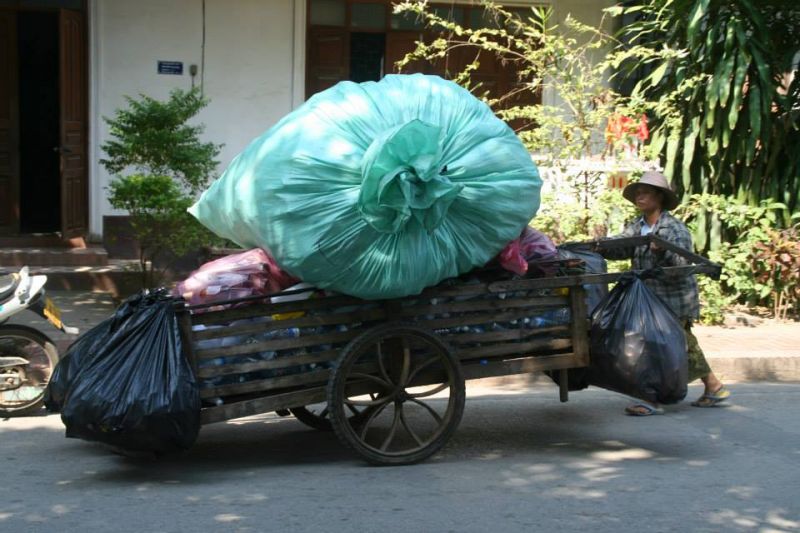China's Plastics Ban May Affect Europe's (Marine) Environment, How to Resolve This Challenge?
Published on by Michael Mannaart, Executive Secretary at KIMO Netherlands/Belgium in Government
Actions are needed because of China's ban on its import of foreign plastic waste since the beginning of 2018. This decision may increase the plastic pollution of Europe's environment including its seas and oceans.

It is likely to have even a global impact, but how will Europe respond to this challenge? The EU's #PlasticsStrategy is underway, but what strategy and actions are envisaged to deal with processing our own plastic waste? Is Europe (and my own country the Netherlands) able to process this waste in an environmentally and economically friendly way?
Our current business models may not be sufficient since quite some manual (=costly) labour is needed to separate the different kinds of plastic waste.
The answer to resolve this problem is not dumping nor burning this valuable resource, but closing the loop: reuse and recycling. But can this be done effectively and sufficiently on the short term? Many countries pledged actions to combat the plastics pollution of oceans during the #OurOcean Conference, but were probably not aware of this development.
Time is in short supply since I cannot image that Europe's waste storage capacity will be sufficient for a long period. Especially in countries where collection schemes for plastic domestic waste have proved to be quite successful, thus yieling large quantities of waste.
That needs to be processed somewhere... Who has the answer to this? Refer also to e.g.: http://www.independent.co.uk/environment/china-foreign-waste-ban-recycling-a8011801.html
Media
Taxonomy
- Water Pollution
- Micropollutants
- Decontamination
- Contaminant Removal
- Ecosystem Management
- Pollution
- Marine
- Groundwater Pollution
- Oceanographic Survey
- Polymers & Plastics
- Pollution
- Pollution
1 Comment
-
Short answer: 1. proper disposal of plastics as any other recycled item. 2. begin teaching the uneducated about the science of how to compost. I had no idea Europe was storing their compostable waste. There are short in-service continuing education programs. These are cutting edge technologies but presented in a pre high school format. From home owners to municipalities. All can join in.